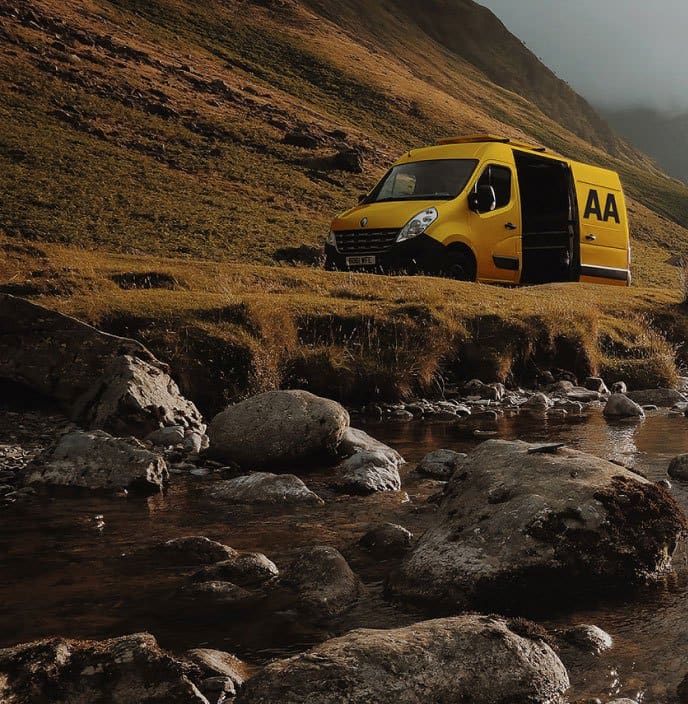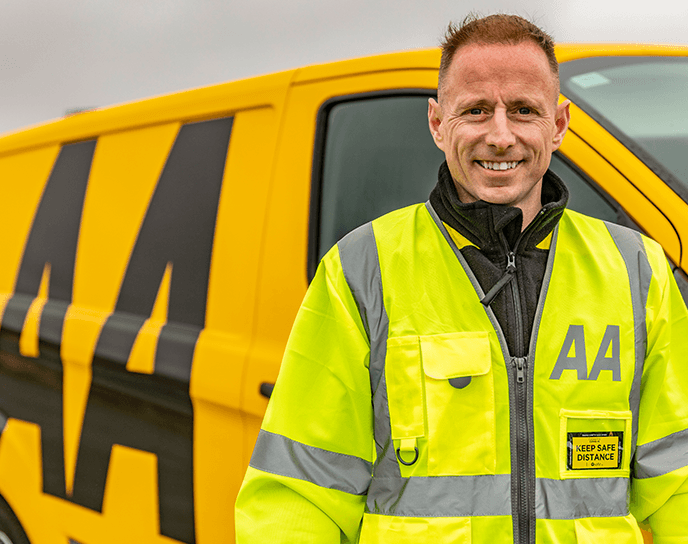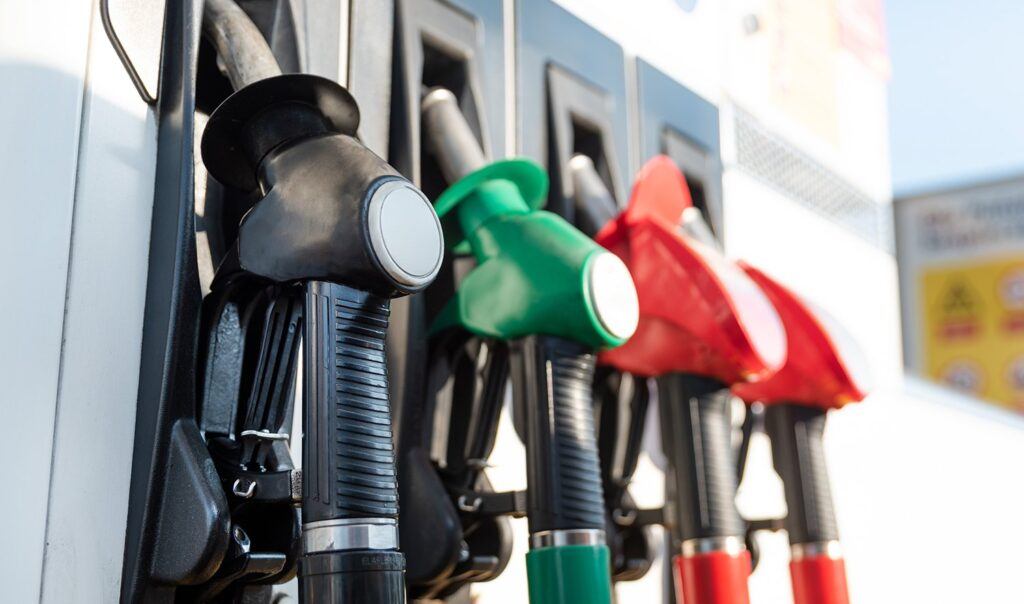E10 will replace E5 in Ireland from July 1st – but what does this mean for you?
The introduction of E10 fuel is underway, and it will see the removal of E5 fuel from forecourts from July 1st. E10 petrol is already used across much of the developed world, including Europe, the US and Australia; E10 is the fuel used to test a car’s performance and emissions since 2016.
E10 petrol is a fuel that may contain up to 10% ethanol by volume, the specifications for which were introduced by the European Union’s Fuel Quality Directive on 1 January 2011.
For the vast majority of people, there is no cause for concern as most cars on Irish roads will run on E10 fuel with no cause for concern. For the vast majority of people, even most older cars, there is nothing to worry about. Most cars produced in the last 10-15 years won’t have any issue running E10 fuel without any difficulties. None, nothing, All is fine. Nothing to see here.
There are a small number of cars that aren’t recommended to use the fuel, a list of which is outlined below. (Source ACEA: The European Automobile Manufacturers’ Association).
If your car is listed below, don’t worry. Your car will run on E10, and in most cases, currently, the blend of E10 is more like E5.5, as to qualify for E10, it has to be over 5.5% ethanol. You might have to monitor some components at servicing time closely. If you have a classic car, you need to be more careful.
Ethanol is hygroscopic, which means that it absorbs water from the atmosphere. And that water, in turn, can find its way into your car. It can lead to condensation in fuel tanks, fuel lines and carburettors and cause corrosion in brass, copper, lead, tin and zinc components.
Ethanol is also a solvent it can eat through rubber, plastic and fibreglass, so hoses and seals are likely to perish more quickly because of the higher concentration of ethanol in E10. For now, classic car owners are advised to potentially look at replacing fuel lines and other components that might suffer through prolonged use of E10. Users of older motorbikes should also be cautious.
There are a number of additives on the market too. We can’t fully speak of the efficacy of these, but brands like Wynn’s offer an E10 protector, on sale locally in Halfords which promises to protect older engines from any negative effects of E10.
Can I still get E5 Fuel for my lawnmower?
Not after July 1st. It remains unclear whether other equipment, such as lawnmowers, will run well on E10, and with no E5 on sale from July 1st, petrol lawnmower owners might have issues down the line. However, don’t leave fuel in the tank; you should alleviate many potential risks.
Alfa Romeo
For the most part, it is good news for Alfa Romeo owners in Ireland. E10 petrol is cleared for use in all new Alfa Romeo models with petrol engines produced from 1st January 2011.
In addition, E10 petrol is cleared for use in the following Alfa Romeo models with petrol engines:
- MiTo (all engines)
- Giulietta (all engines)
- 159: 1.8 16V, 1.8 TBi 16V, 3.2 JTS V6
- Brera: 1.8 TBi 16V, 3.2 JTS V6
- Spider: 1.8 TBi 16V, 3.2 JTS V6
- 8C: 4.7 32V
Audi
E10 petrol is cleared for use in all Audi petrol-driven vehicles, excluding the following vehicles:
- First-generation direct injection engines:
- Audi A2 1.6 FSI, model years 2003-2005
- Audi A3 1.6 FSI, model year 2004
- Audi A3 2.0 FSI, model year 2004
- Audi A4 2.0 FSI, model years 2003-2004
- Audi A4 Saloon petrol engine models with OEM parking heater, of model years 2001-2008.
- Audi A4 Avant petrol engine models with OEM parking heater of model years 2002- 2008.
BMW
All petrol engine BMW models are cleared for using E10 petrol regardless of their year of manufacture, but the minimum octane required should be observed according to the owner’s manual.
Chevrolet
All Chevrolet vehicles produced from the model year 2006 with a Euro 4 emissions-compliant engine can be run with E10 petrol:
- Aveo / Kalos – 2005 onwards
- Captiva – all
- Cruze / Orlando – all
- Epica – all
- Matiz – 2006 onwards
- Nubira / Lacetti – 2006 onwards
- Tacuma / Rezzo – 2006 onwards
- Spark – all
Chrysler
E10 petrol is cleared for use in the following Chrysler Group models with petrol engines:
- Chrysler 300 C (LX) – all engines
- Chrysler 300 M (LR) – all engines
- Chrysler Grand Voyager (RT) – all engines
- Chrysler Neon (PL) – all engines
- Chrysler PT Cruiser (PT) – all engines
- Chrysler Sebring (JR) – all engines
- Chrysler Sebring (JS) – all engines
- Chrysler Stratus (JA, JX) – all engines
- Chrysler Voyager (GS) – all engines
- Chrysler Voyager (RG) – all engines
Citroën and DS
All cars with petrol engines have been compatible with E10 (EN228) since 1st January 2000.
Dacia
E10 is cleared for use in all petrol-driven Dacia vehicles.
Daihatsu
E10 petrol is cleared for use in the following models with petrol engines:
- Cuore L276: from production-date 25th April 2008.
- Trevis L651: from production-date 8th May 2008.
- Sirion M3: from the market introduction.
- Materia M4: from the market introduction.
- Terios J2: from the market introduction.
- Copen L881: from production-date 25th April 2008.
Dodge
E10 petrol is cleared for use in the following Dodge models with petrol engines:
- Dodge Avenger (JS) – all engines
- Dodge Caliber (PK) – all engines
- Dodge Journey – all engines
- Dodge Nitro (KJ) – all engines
Ferrari
All models since model year 2005 are suitable for use with E10.
E10 compatible models after the model year 2005:
- 599 GTB Fiorano
- 599 GTO
- 612 Scaglietti from model year 2005
- 612 Sessanta
- SA Aperta
- California
- 458 Italia
- 458 Spider
- 458 Speciale
- FF
- F12
- LaFerrari
Ferrari UK told AA Ireland that all Ferrari models, even older examples, will run on E10 perfectly well, but more attention might need to be paid at servicing intervals to look for corrosion in fuel lines and components. As you might suspect, the advice with a Ferrari is to get it serviced by someone who knows the product.
Fiat
E10 petrol is cleared for all Fiat vehicles with petrol engines starting from 1st January 2001 (Euro 3 emission level), except the following vehicles:
- Barchetta: 1.8 litre
- Bravo/Brava (Type 182): 1.6 litre
- Doblò: 1.6 litre
- Marea: 1.6 and 2.0 litre
- Multipla: 1.6 litre
- Palio: 1.6 litre
- Punto (Type 188): 1.8 litre
- Stilo: 1.6 litre (only displacement 1.596 cm3), Stilo 1.8 litre and Stilo 2.4 litre
Ford
E10 is cleared for use in all petrol-driven Ford models sold in Europe since 1992, excluding:
- Ford Mondeo 1.8 SCI from 2003 to 2007.
Honda
All Honda cars with fuel injection are compatible with E10 petrol (HONDA PGM-FI).
Hyundai
All Hyundai cars with a petrol engine can use E10 petrol without limitation.
Jaguar
E10 petrol is cleared for use in all Jaguar vehicles with petrol engines starting from 1992.
Kia
All Kia cars with a petrol engine can use E10 petrol without limitation.
Land Rover
E10 petrol is cleared for use in all Land Rover vehicles with petrol engines starting from 1996.
Lexus
E10 petrol is cleared for use in all Lexus European petrol models made from January 1998, excluding:
- IS250 2.5 litre V6 with engine 4GR-FSE made between August 2005 and September 2007.
- GS300 3.0 litre V6 with engine 3GR-FSE made between January 2005 and September 2007.
- LS460 4.6 litre V8 with engine 1UR-FSE made between August 2006 and September 2007.
Mazda
E10 petrol is cleared for use in all Mazda vehicles fitted with petrol engines, as specified below:
- All Mazda6 models from 2002 (GG/GY model) onwards.
- All Mazda2 models from 2003 (DY model) onwards.
- All Mazda3 models from 2003 (BK model) onwards.
- All Mazda5 models from 2004 (CR model) onwards.
- All MX-5 models from 2005 (NC model) onwards.
- All RX-8 models from 2002 (SE model) onwards.
- All Mazda CX-3 models.
- All Mazda CX-30 models.
- All Mazda CX-5 models.
- All Mazda CX-7 models.
- All Mazda CX-9 models.
- All Mazda BT-50 models from 2006 onwards.
The other earlier models require petrol which contains ethanol 5% or less.
Mercedes-Benz
E10 petrol is cleared for use in the vast majority of all Mercedes Benz vehicles with petrol engines, except:
- First generation direct injection C200 CGI (W203), CLK 200 CGI series (C209) of the years 2002 – 2005;
- Models not equipped with three-way catalysts, models retrofitted with three-way catalysts or produced with a carburettor. These are mainly vehicles older than 25 years.
MINI
E10 is cleared for use in all MINI models with petrol engines after the re-launch of the MINI brand in 2000.
Mitsubishi
E10 petrol is cleared for use in all models with petrol engines except those equipped with the GDI engine (gasoline direct injection) until 2007 models.
Nissan
E10 petrol is cleared for use in all models with petrol engines from 1st January 2000.
Opel
E10 petrol is cleared for use in all Opel vehicles with petrol engines, excluding:
- Models with the 2.2-litre direct injection petrol engine, motor code: Z22YH (Vectra, Signum, Zafira).
Peugeot
All cars with petrol engines are E10 compatible since 1st January 2000.
All Peugeot mopeds from the model year 2000 are E10 compatible.
Porsche
E10 petrol is cleared for use in Porsche vehicles with petrol engines since 1998 and all Boxster models with petrol engines since 1997.
The Carrera GT is not cleared for use with E10 petrol.
Renault
E10 petrol is cleared for use in all Renault petrol vehicles marketed since 1st January 1997, except for the following models:
- Megane 1 with 2.0 litre F5R direct injection petrol engine (1999 – 2003)
- Laguna 2 with 2.0 litre F5R direct injection petrol engine (2001 – 2003)
- Laguna 2 with 2.0 litre F4R Turbo engine (2000 – 2002)
- Espace 4 with 2.0 litre F4R Turbo engine (2000 – 2002)
- Velsatis with 2.0 litre F4R Turbo engine (2000 – 2002)
- Avantime with 2.0 litre F4R Turbo engine (2000 – 2002)
Rover
No compatibility information for Rover cars is available as the manufacturer no longer trades. It is therefore not recommended to use E10 petrol.
Seat
E10 petrol is cleared for use in all SEAT vehicles with petrol engines except the following models with the first generation of FSI engines:
- Toledo 2.0 litre (110kW) FSI ‘BLR’ manufactured from September 2004 to November
- Leon 2.0 litre (110kW) FSI ‘BLR’ manufactured from July 2005 to November 2005
- Altea 2.0 litre (110kW) FSI ‘BLR’ manufactured from May 2004 to November 2005
Škoda
E10 petrol is cleared for use in all ŠKODA vehicles with petrol engines with the following exceptions:
- Felicia 1.3 litre OHV (40kw and 50kW) engines in the production years 1994 to 2001
- Other ŠKODA models using the 1.3-litre OHV engines produced prior to 1994.
Smart
E10 petrol is cleared for use in all petrol engine Smart vehicles.
SsangYong
All petrol models from the year of construction 2010 and registered/imported into the Ireland by SsangYong after 2010 are suitable for use with E10.
Subaru
E10 petrol is cleared for use in all models with engines manufactured from 1st January 1991. Suzuki
E10 petrol is cleared for all current production car models with petrol engines.
For older car models: Please refer to Owner’s Manual
Toyota
E10 petrol is cleared for use in all Toyota European petrol models made from January 1998, excluding:
- Avensis 2.0 litre with engine 1AZ-FSE made between July 2000 and October 2008.
- Avensis 2.4 litre with engine 2AZ-FSE made between June 2003 and October 2008.
Saab
All Saab vehicles with petrol engines produced since the mid-1980s are cleared for use with E10 petrol.
Volkswagen
With the exception of those models listed below, which used the first generation FSI engines, E10 is cleared for use in all Volkswagen petrol engine vehicles.
- Bora – 1.6 litre (81kW) FSI Saloon and Estate made from October 2001 to September 2005
- Golf mark 4 – 1.6 litre (81kW) FSI made from November 2001 to May 2004
- Golf mark 4 Estate – 1.6 litre (81kW) FSI made from October 2001 to October 2006
- Golf mark 5 – 1.4 litre (66kW) FSI made from November 2003 to November 2004
- Golf mark 5 – 1.6 litre (85kw) FSI made from August 2003 to May 2004
- Golf mark 5 2.0 litre (110 kW) FSI made from January 2004 to May 2004
- Lupo – 1.4 litre (77kW) FSI made from August 2001 to November 2003
- Polo – 1.4 litres (63kW) FSI made from February 2002 to June 2006
- Touran – 1.6 litre (85kW) FSI made from November 2002 to May 2004
- Touran – 2.0 litre (110kW) FSI made from October 2003 to May 2004
Volkswagen Ireland doesn’t foresee any issues with any of these engines running on E10, as they can run on much higher blends, but advise any owners that are worried to contact their local retailer.
Volvo
E10 petrol is cleared for use in all Volvo cars with petrol engines introduced to the market in 1976 based upon servicing and other conditions according to the equipment and material with which the vehicle was originally equipped.
E10 petrol is not cleared for a limited number of S/V40 models with petrol engines produced in the mid-1990s with engine type 1.8 GDI.
Should you be worried?
So is there a huge cause for concern? We would say no. If you service your car regularly and don’t leave it idle for long periods of time, even cars which haven’t been homologated for E10 should be fine. If you have a classic car or motorbike that you do intend to leave idle for longer spells, draining the fuel tanks could be advisable before storing.
Initially, the blends of E10 on sale are likely to be quite low in ethanol anyway. If you have a concern, speak to your dealer or technician, who will advise.





